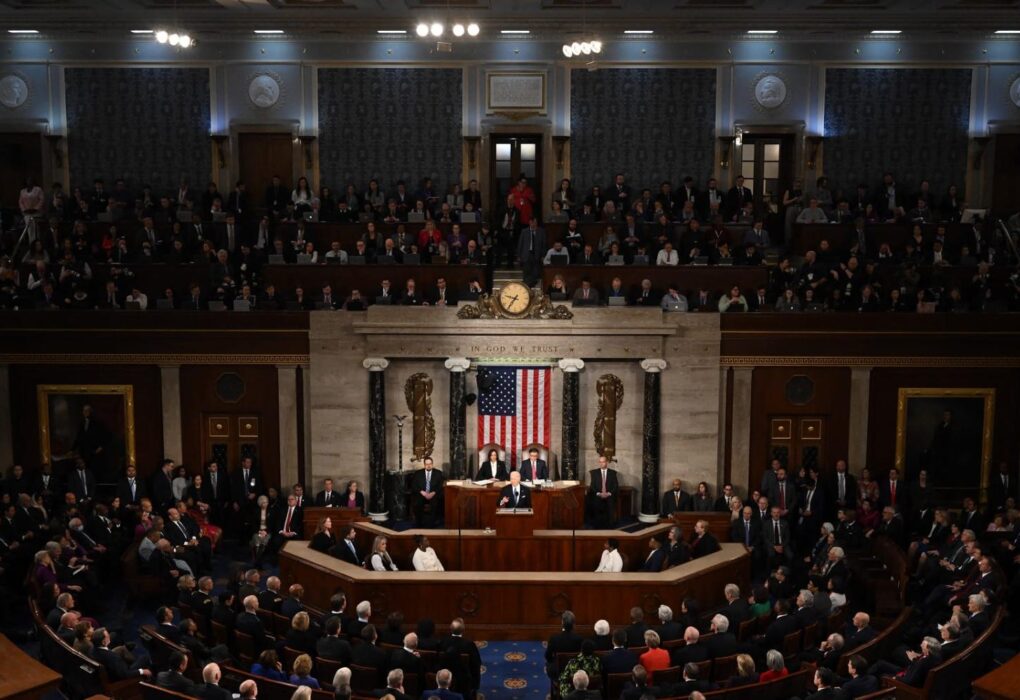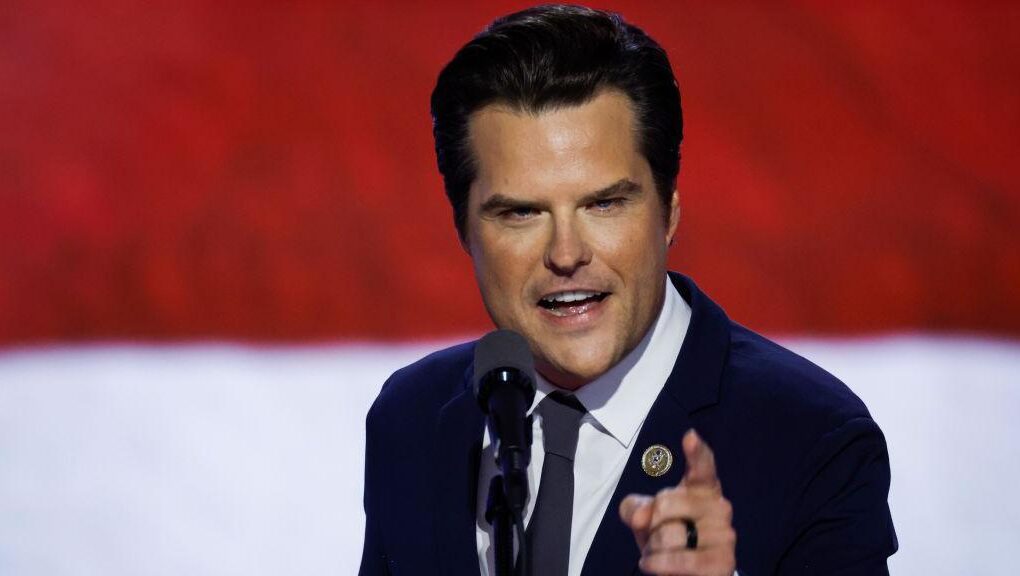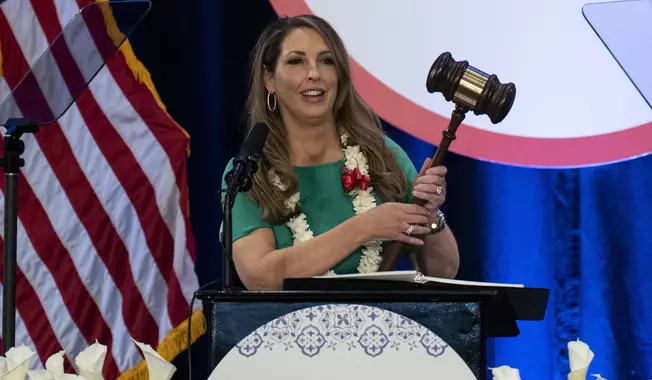

California Governor Gavin Newsom Signs AB 831 Into Law, Banning Online Sweepstakes Casinos
California has officially prohibited online sweepstakes casinos after Governor Gavin Newsom signed AB 831 into law. The legislation makes it illegal to facilitate or promote sweepstakes-style online gaming. Enforcement now extends beyond operators to include payment processors, affiliates, content suppliers, and platform providers. The law targets unregulated gaming models that mimic casino experiences but operate…
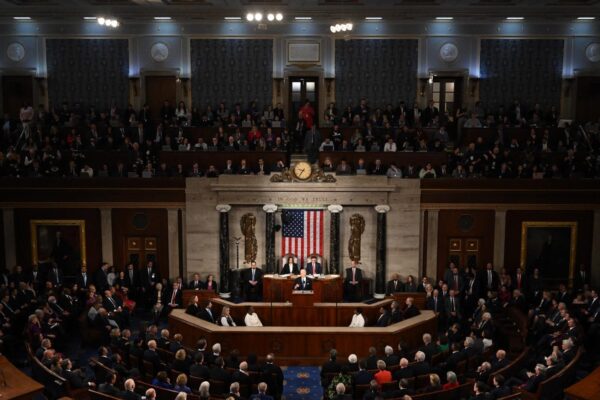
Why Are There No Term Limits for Congress? Failed Bills and Reforms
Many Americans have questioned why are there no term limits for Congress, and previous attempts to introduce them failed. The United States Congress, composed of the House of Representatives and the Senate, plays a central role in the federal government. Despite the high stakes of legislative decision-making, members of Congress are not subject to term…

Is Matt Gaetz Still in Congress? Why He Resigned
Matt Gaetz is not still in Congress, and he remains absent from political activity despite rumors of a return. Matt Gaetz, the Republican politician from Florida, is no longer serving in the United States Congress as of 2025. Gaetz represented Florida’s 1st Congressional District from 2017 until his resignation in late 2024. His departure marked…
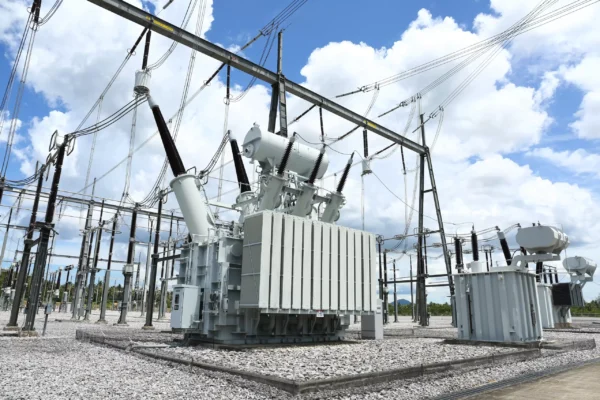
What Companies Are in the Public Utilities Field?
The public utilities field is made up of several key companies in the US, while in other countries they are often government-owned. The public utilities sector forms the backbone of modern civilization, providing essential services such as electricity, natural gas, water, and waste management. These services are critical to both households and industries, ensuring that…

What Companies Are in the Consumer Durables Field?
There are many well known companies in the consumer durables field, spread across various sub-categories. The consumer durables sector includes companies that manufacture goods designed to last for several years. Unlike consumables such as food or toiletries, durable goods — including appliances, vehicles, electronics, and furniture — provide long-term utility and often require significant upfront…

The Worst Long-Term Care Insurance Companies: Pitfalls and Consumer Complaints
In this article, we review the worst long-term care insurance companies in the United States. Long-term care insurance (LTCI) is designed to help cover the costs of assisted living, nursing homes, and in-home care for individuals who can no longer perform daily activities on their own. While this type of coverage can provide financial relief…

J.D. Vance Reassures Marines at Camp Pendleton Over Salary Payments Despite Government Shutdown
Vice President J.D. Vance on Saturday told U.S. Marines at Camp Pendleton in California that they would continue receiving pay despite the ongoing government shutdown. Speaking alongside Defense Secretary Pete Hegseth and Second Lady Usha Vance, the vice president addressed service members gathered for the Marine Corps’ 250th anniversary celebration. “I bring greetings today from…

JD Vance Net Worth and His Role in Movie Hillbilly Elegy
JD Vance has built an impressive net worth, and outside of politics, he featured in a movie. JD Vance, born in 1984 in Middletown, Ohio, is an American author, venture capitalist, and politician who gained national prominence through his memoir, Hillbilly Elegy. As of 2025, his estimated net worth is approximately $10 million, reflecting a…

Who is Scott Borgerson and What Are His Ties to Ghislaine Maxwell?
Scott Borgerson is an American entrepreneur, former U.S. Coast Guard officer, and the former husband of Ghislaine Maxwell, the British socialite convicted in 2021 for her role in the sex trafficking scheme orchestrated by financier Jeffrey Epstein. Borgerson’s life has been marked by a blend of military service, technological innovation, and a personal association with…

Janine Tate’s Feminism Push Despite Andrew and Tristan Tate’s Rhetoric
Janine Tate, the lesser-known sibling of social media personalities Andrew and Tristan Tate, has maintained a life far removed from the spotlight that often surrounds her brothers. While the Tate name is widely associated with controversy, fame, and online influence, Janine has chosen a completely different path—focused on professional development, privacy, and independence. Early Life…
